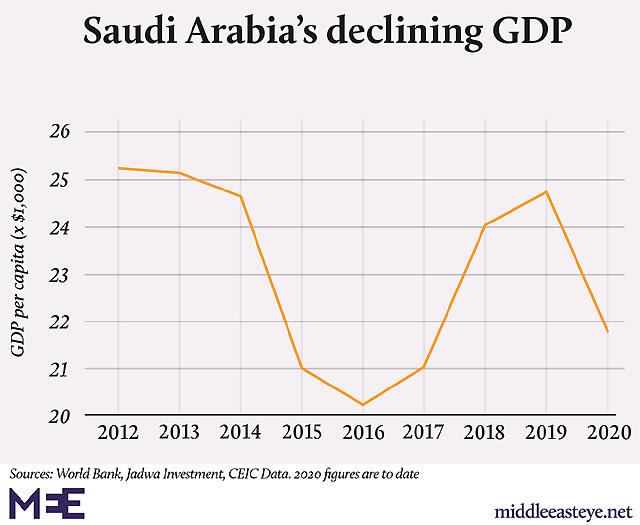TARIQ A. AL MAEENA: Last week the Saudi government announced that effective 2024 all government contracts with multinational corporations will cease unless they relocate their headquarters from elsewhere in the region to Saudi Arabia. In a nutshell, it meant that if you want to do business with the Saudi government, you have to reposition your regional headquarters in this country.
The move was widely applauded by leaders of the business community in the kingdom, who saw it as a fresh impetus to boost the local economy with more capital ventures and increased business opportunities and local employment.
Saudi Minister of Investment Khaled Al-Falih stated that that the new directives were part of the government plan to align with Saudi Vision 2030, and that such a move would provide increased investment opportunities for global companies.
In a tweet, Al-Falih emphasized that ‘the decision would have a positive impact in opening up thousands of jobs for citizens, transferring expertise and localizing knowledge. It will also contribute to developing local content and attracting more investments to the Kingdom.’
In a telephone interview with Bloomberg, Al Falih said that “Competition is required, and the decision does not contradict the rules of competition. It will rather support the presence of international companies near neighboring countries, thus providing investment opportunities for global companies, which will be present in the region near the decision-making areas,” adding that 24 multinational companies had already began moving their headquarters to the capital city of Riyadh.
But such an action was not necessarily welcomed in other parts of the Gulf region. A Bahraini investment banker was critical when he called me and told me that this was not a well-thought of decision that would only contribute to the shriveling of businesses elsewhere in the region as more companies would be compelled to move to Saudi. Nader, the banker, succinctly put it, “what are you guys trying to do, put us out of business?”
I had to explain to this that the Saudis have always considered the welfare of the rest of the GCC as a priority and have a long historic association of partnerships and cooperation. They have also done far more than their share in the contribution of aid to other countries. It is not their intent to make it hard for anyone with this move but rather than to look closer to home and take care of their own people.

The Covid-19 pandemic had floored global economy, leaving many countries on the verge of economic collapse. While Saudi Arabia has successfully managed to brush off the major financial blows, it has to redesign the way it does business in a shrinking global economy and that includes putting its people first.
Any move that contributes to a rise in employment is a good sign and having multinationals headquartered here will open up thousands of jobs for local applicants.
With the latest published figures indicating that Saudi Arabia’s current share of less than 5% of the region’s headquarters offices, the oil-rich kingdom with a population of 34 million had to do something. After all it was the biggest market in the GCC and it would only seem fair that businesses selling to this market had better set up their headquarters here.
The prize? The government is investing mega projects to the tune of $220 billion with the intent of placing Riyadh in the world’s top 10 city economies. It is also offering competitive tax-free salaries to employees willing to relocate there.
Nader was not easily convinced. “Riyadh can never become a Bahrain or Dubai. It is somewhat restrictive and will not easily cater to the whims of foreigners who head these companies. Besides, they have families too who will balk at moving to such an environment,” he added.
I had to educate Nader on the fact that in less than a half a decade, the kingdom has made tremendous strides towards moving forward and keeping pace with the leading nations of the world, strides that I may add have taken other countries decades to do so.
With new economic cities being built with an added emphasis to cater to social aspirations, the kingdom is on a roll and I have no doubt that in another five years we will get even better.
This is not about competition but about hard realities. To survive in this current economic atmosphere, one has to re-invent the wheel, and the Saudis are doing just that.


